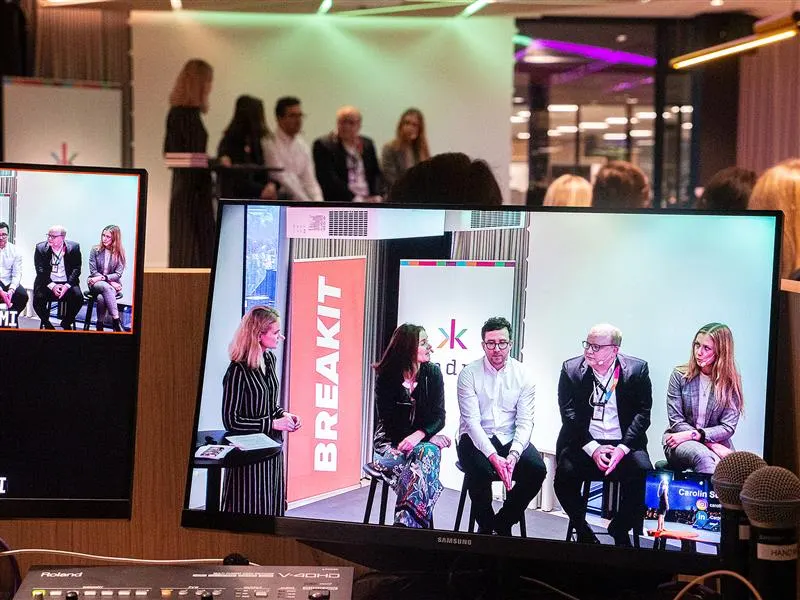
More and more companies are turning to agile working, by using virtual teams spread across the globe. Kindred Group, a gambling-tech company is no exception. In the span of five years, the company has gone from 500 to 10,000 releases per year and 1,600 employees. How did it happen?
Kindred Group grew out of Unibet, which was founded by Anders Ström in 1997 and paved the way for a new, mobile gambling industry. Today, the Kindred Group owns eleven of Europe's most popular brands in the segment, with 26 million customers.
Veronica Wall has 15 years of experience in the tech world. Since 2012, she has been working at Kindred Group, where she is currently responsible for technical delivery and making sure that all major projects are completed. With Kindred offices all over the world, effective forms of collaboration are becoming increasingly important to the company’s success.
Wall believes the most significant organisational change within Kindred began five or six years ago when the company entered several regulated markets. Adapting operations to each individual market was very costly and time-consuming.
"We realised we needed a unified way of working, where everyone agreed on how we should work together across team boundaries," she says.
The solution was building strong frameworks where rules and laws were already implemented. In this way, testers and developers could immediately get started with their work. It became an important key to scaling up the business quickly and efficiently, says Wall.
“Since then we’ve gone from 400-500 releases up to 10,000 releases per year. It would have never been possible if every developer had to look up exactly what requirements and regulations they needed to follow. When new GDPR came into place, for example, it wasn’t a problem for us because it could easily be built into the framework."
Communication most challenging
Compliance was thus the most efficiency-enhancing piece of the puzzle. But there were still major challenges in how to manage the new way of working at an accelerated pace with teams, that in many cases, were distributed over several continents.
“Communication has been the most challenging – ensuring that all employees have access to the right information and know exactly what to do. Each tech team is responsible for a specific domain, and for larger deliveries, all teams are involved in the project. In this area, the framework also provides us with a lot of value, as you always know who does what, and what we’re looking to achieve.”
Initially, there were ten to eleven tech teams, a figure that today has grown to somewhere between 40 and 50. Knowing what everyone else is doing in the company is both impossible and unnecessary. Acting independently within a given ecosystem is enough. A team would consist of 8-10 people. Some sit together, while others are scattered all over the world.
“All teams rely on agile working and start each morning with a stand-up - either via video conference or a whiteboard. ‘What are we going to do today?’"
Fast-moving collaboration
Wall believes that Kindred deploys the agile approach as much as possible within the regulatory framework.
“We’ve relied on agile working for a very long time and are extending it to its logical conclusion: all our employees should be fast-moving, feel in control of their own situation, and have as little administration as possible. At the same time, you have to remember that we can’t simply run forward in our industry - we must always document what we do so there is traceability at every step in a project.”
Chat tools are important communication channels at Kindred. In addition to constant contact with their own team members, virtually all employees are also involved in other virtual groups. There they discuss specific issues, development projects, or hobbies. This digital collaboration across team boundaries has been vital in strengthening Kindred’s internal culture, says Wall.
“I also think it's important to realise that everyone is an expert in their field, and everyone has the opportunity to make their voice heard. At the same time, we need to work together to achieve results: 'It takes a village.' And that's how our way of working has proven particularly successful."

